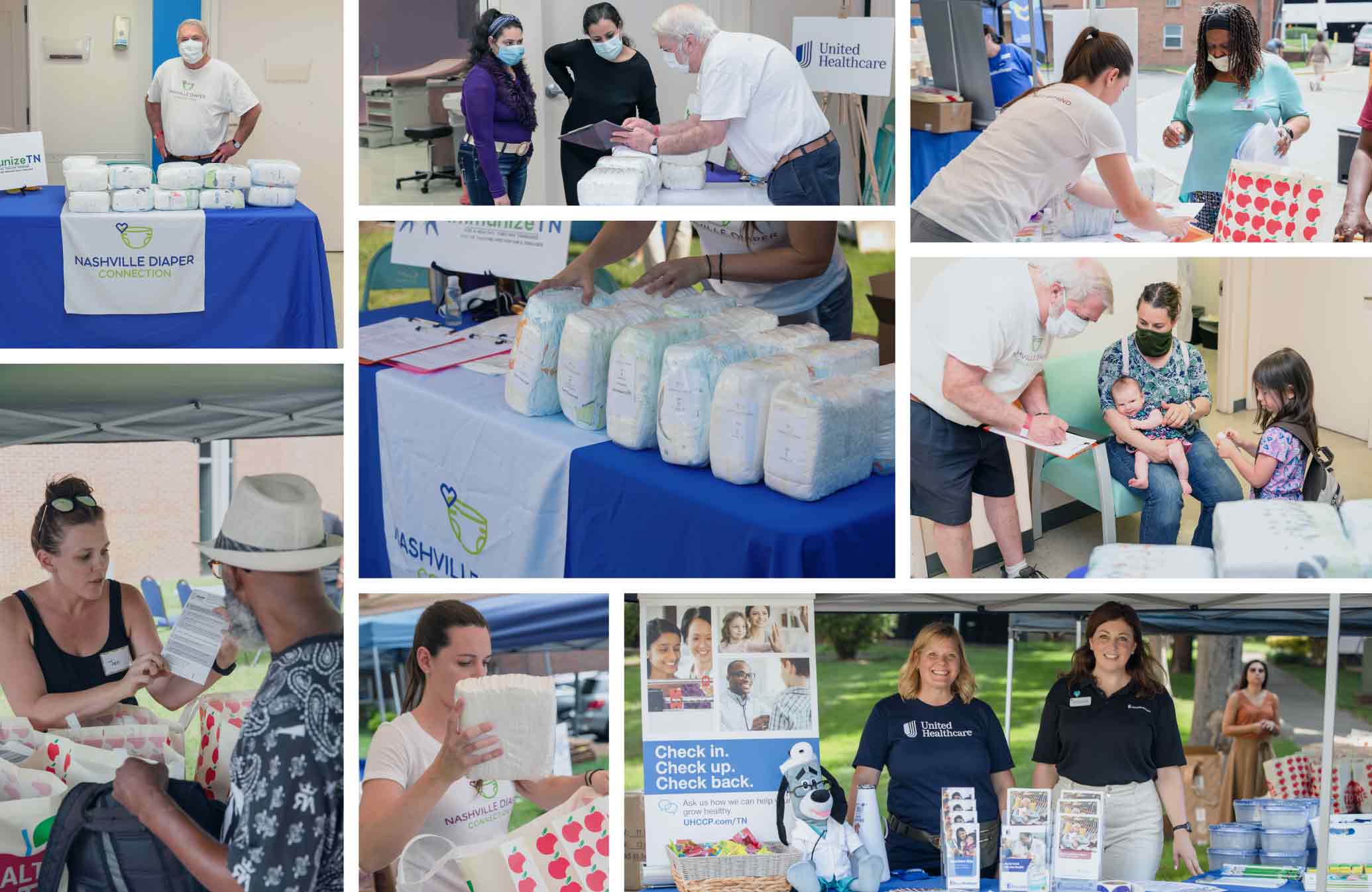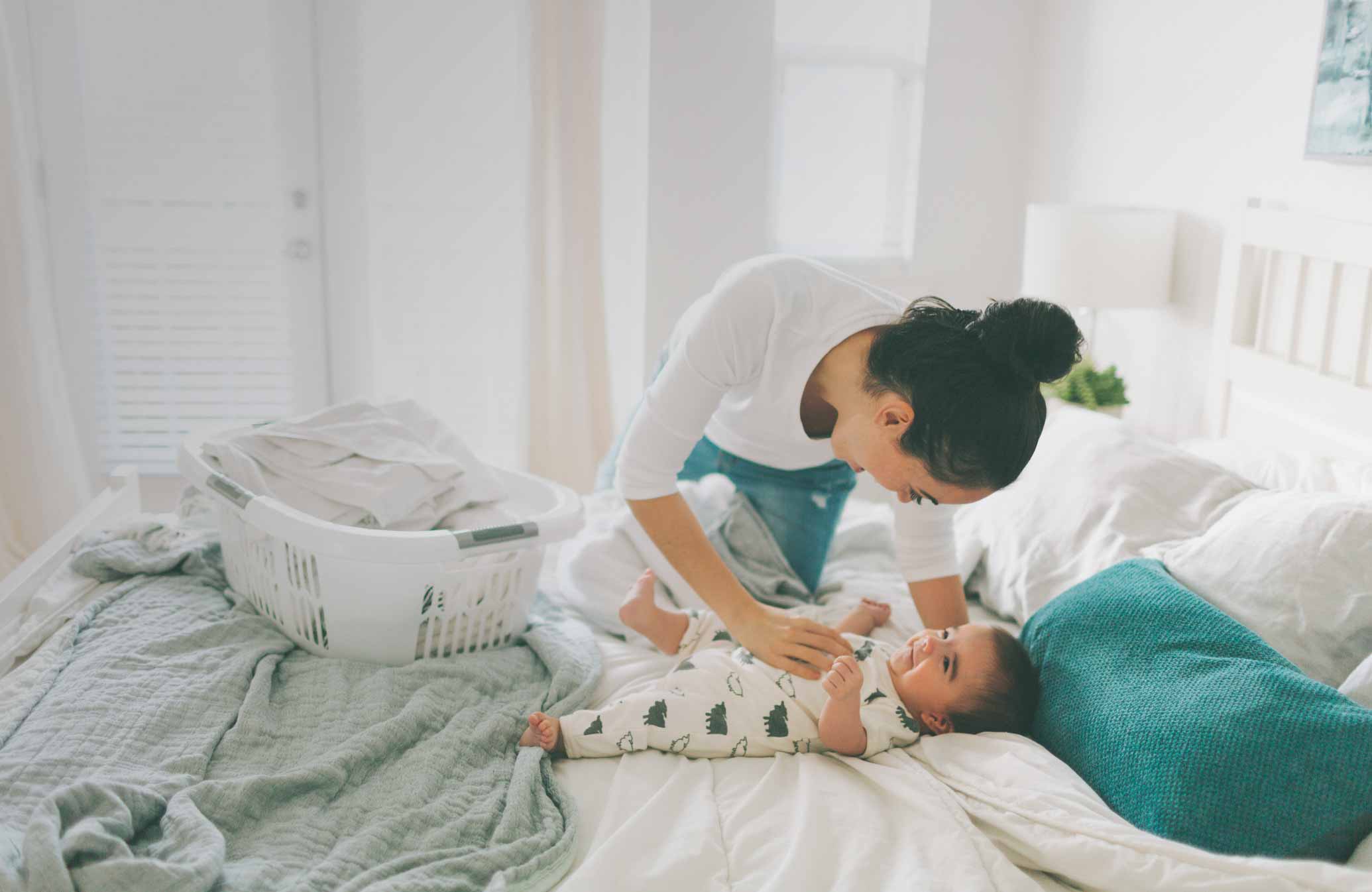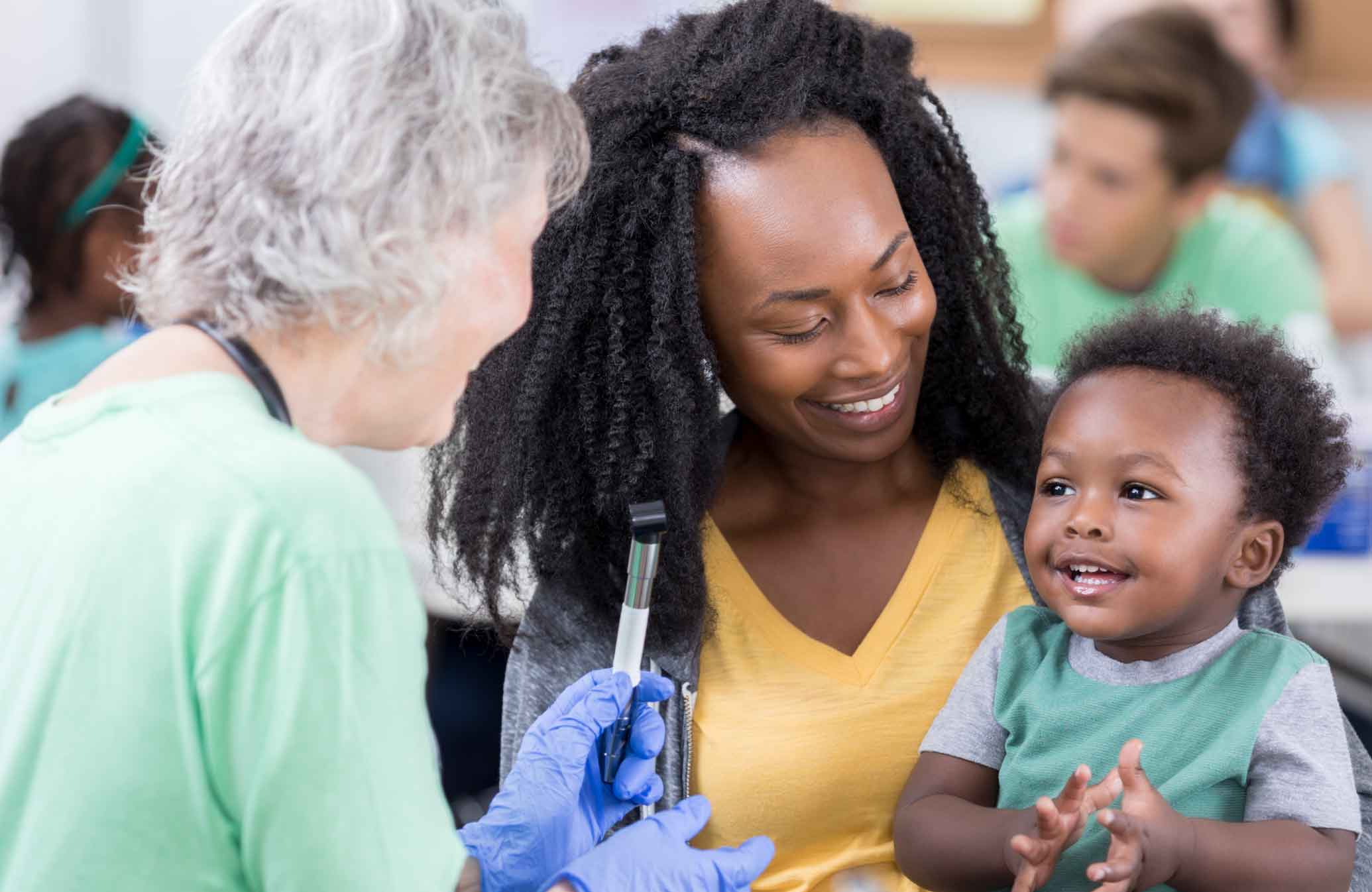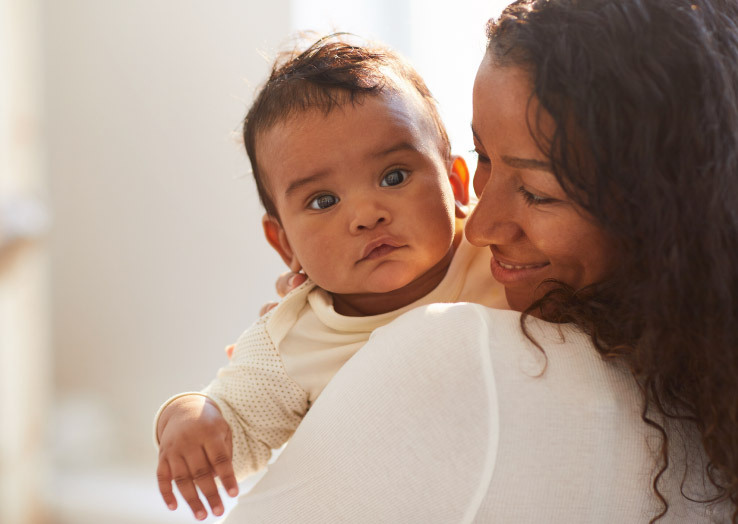Lauren Barca is incredibly passionate about projects that make a difference for moms, babies, and families. In fact, the Executive Officer of Population Health for UnitedHealthcare Community Plan of Tennessee recently presented the inspiring story of the Diaper Connections Program in partnership with Icario during an MHPA webinar, The Unexpected Link Between Free Diapers, Better Healthcare, & Lower Claims for Medicaid Families.
Through the highly successful initiative, the plan offers free diapers to Medicaid families as an incentive to complete critical health actions, such as prenatal/postnatal care, well-child visits, immunizations, and more. Here’s how this innovative approach combats social determinants of health (SDoH) and health equity barriers with rewards.
$4 Million in Medicaid Claims for Diaper Rash and UTIs
“I started to get involved in this project when we ran some claims reports and recognized that we had almost $4 million a year in our Medicaid population for kids with diaper rash or UTIs,” Barca said. She knew that the cost was high for the plan but also began thinking about the burden those families faced as well.
Diapers cost about $93 a month and can only be bought with cash in Tennessee—they’re not covered under WIC or SNAP. This presents a hardship for many families. “In Tennessee overall, we know that one in three babies don’t know where their next diaper is coming from,” Barca said. “In the Memphis area, it’s even greater than that: Four out of five babies don’t know where that next diaper is coming from.”
When children sit in wet diapers for too long, they can get diaper rash and urinary tract infections (UTIs). This, in turn, leads to unnecessary health care costs and missed days of work for parents, as well as a higher likelihood of abuse and greater financial hardship for the family. UnitedHealthcare Community Plan of Tennessee’s powerful rewards and incentives (R&I) program prioritized free diapers as the main incentive to try and help break this cycle.
Moving Medicaid Families Toward Health Action
The plan established partnerships with a local diaper bank, the Nashville Diaper Connection, as well as providers, the state Department of Health, a food bank, and others to back the effort. The program encourages health action in the form of visits with PCPs and OB/GYNs, immunizations, and related screenings rewarding free diapers as an incentive to improve children’s health indicators.
Success Story
One of Barca’s favorite success stories resulting from the rewards program is about a female college student receiving Medicaid coverage who delivered twin boys in Nashville. She’d learned of the Diaper Connections program through a community center and scheduled newborn appointments for the twins at her pediatrician’s office. As a result, the new mom received diapers for both babies and brought them back routinely for weight checks, receiving free diapers each time.
“The good news, the huge success, is that the mom was able to graduate from college this summer,” Barca said. “We just learned this fall she got a job at Comcast. So this really is a success story for the program to think about how diapers truly do make a difference and are changing lives.”

Still looking for more of the latest insights on health action?
Sign up for our newsletter so you never miss a thing!
Reaching Medicaid Families Through Community Events
In addition to distributing diapers via providers during scheduled visits, Barca and her team realized they could offer bundled services in a single location for additional impact. “We recognize that if there’s anything that a struggling family has less of than money, it’s time,” she emphasized.
Through the end of last year, the program held 38 promotional events at a variety of locations such as parks, community centers, schools, and medical practices in target communities. They also held 23 drive-through immunization events where families could receive diapers and other services without having to get out of their cars, an important factor during the pandemic.
UnitedHealthcare Community Plan of Tennessee used its data to reach out to households with kindergarteners and younger siblings. The plan leveraged a multi-channel communication strategy, including flyers, radio ads, direct mailers, and a calling campaign to spread the word. As a result, three hundred families took advantage not only of free diapers but also immunizations, on-site care, and food boxes. Barca plans to try a texting strategy to promote similar events in the future.
Results: Diapers Make a Difference
The stats are in, and the program’s first year was a success.
- 333,997 diapers distributed, serving 6,680 babies
- 5,483 families engaged
- 58% medical engagement rate
Receiving free diapers gives families more funds to purchase necessities such as:
- Half a tank of gas
- $25 more for food
- One week of utilities
- Three hours of daycare
A Win for All Involved
This program is a rare example of how all participants can benefit from joint outreach.
- Patients: These struggling families now have better access to care and valuable incentives. Access to free diapers unlocks funds for food and other daily essentials.
- MCOs: Providing preventive care and more diapers means lower claims related to UTIs and diaper rash, in addition to the benefits of higher immunization rates. There’s also a reputational benefit for the plan as the diaper packs have a sticker saying “Given to you by UnitedHealthcare.”
- Diaper bank: The Nashville Diaper Connection diaper bank can get more diapers in the hands of those who need them.
- Providers: Providers are getting patients back in their offices to improve engagement. Not only can they submit a claim for a visit, but there’s an impact on quality metrics when patients come in for postpartum screenings.
Barca’s Three Takeaways for Starting a Similar Program
- Find reliable partners: Getting the right community partners on board is essential. She credits the Nashville Diaper Connection with doing a lot of the heavy lifting to support the rewards program.
- Know your population: Understand your membership and where there’s room to close gaps in care from a HEDIS and CAHPS perspective. Learn how to address rural versus urban areas and consider language requirements. There’s no one-size-fits-all approach.
- Test and be flexible: Test tactics along the way, so you know how the initiative impacts lives from a qualitative perspective. Try fliers, postcards, phone calls, IVR, text messaging, and social media to meet the population where they are and spark engagement. Adjust when outreach isn’t working.
Solving SDoH Barriers With Rewards & Incentives
With almost half of the children born in the U.S. each year eligible for Medicaid and the dramatic drop in well-child visits and immunizations that occurred during the pandemic, it’s crucial for patients, plans, and providers to restart the positive cycle of healthcare for these vulnerable members. Icario works with plans to address SDoH using practical tactics.
Rewards and incentives are an important part of this work. Remember that when using R&I that immediacy and attribution are key to establishing a positive connection between a plan and its members. This goes a long way toward improving long-term member health and satisfaction.




